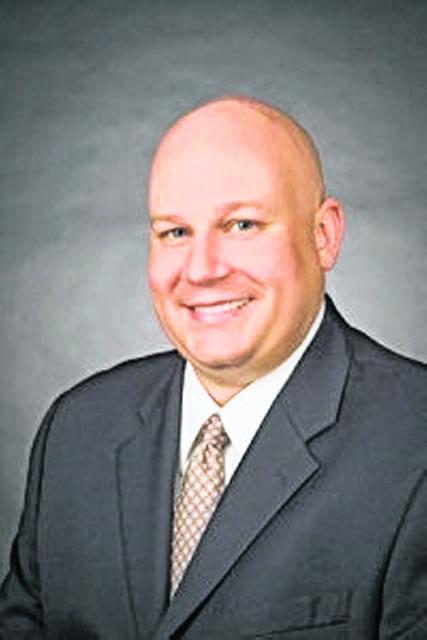People with or without any medical training or background who come across an emergency are often protected from legal responsibility/liability if those people try to provide care or treatment to victims at that emergency scene.
This law is commonly known as the “Good Samaritan” law, named after a foreigner who is introduced in the Bible’s Gospel of Luke. The foreigner cared for a stranger at the scene of a physical emergency and until the stranger had recovered at an overnight location.
The law essentially provides that if most people who encounter an emergency and try to provide care or treatment to a victim at that emergency scene but somehow fail or even worsen the victim’s situation, those caregivers are not legally liable for the victim’s failed or worsened condition.
The public policy benefits of this law are self-evident. Any of us can find ourselves coming across an accident before medical, fire and other emergency personnel are able to arrive. In such instances, we want strangers to do their best, even if they are not trained or experienced in providing care, to make the best of the situation.
There are requirements for the Good Samaritan law to apply. First, if emergency personnel are available, the victim should be cared for by the immediately available professionals. Illustratively, if someone chokes in a doctor’s waiting room, another patient in the waiting room who provides care would not have the protection of the law.
Second, the caregiver is not protected under the Good Samaritan law if the caregiver is paid for the care. Thus, if a caregiver comes across an accident victim, and the victim offers the caregiver $500 to stop the victim’s arm from bleeding, the caregiver is not covered by the law.
However, many firefighters and police officers are arguably always “on call.” The law does not treat these professionals who are not on duty as being paid for their role as caregivers in these contexts. Thus, off-duty firefighters and police officers can be protected by this law.
Third, the care or treatment must be provided at the emergency scene. The Good Samaritan law does not protect a caregiver who encounters the wallet of a car accident victim at an accident scene and takes that wallet to the local bank to tell the bank to freeze (protect) the accounts and assets of the victim while the victim recovers.
Finally, the Good Samaritan law does not apply to caregivers who recklessly disregard a probable negative result. Therefore, a caregiver who knows or is reasonably likely to know that the care will worsen the victim’s condition is not protected by the law.
Separate from Ohio Good Samaritan law is a law that specifically protects most trained and untrained people who try to use automated external defibrillators (AEDs) to help emergency victims. AEDs are devices the size of briefcases that are attached to walls at various public places. AEDs deliver electric shocks to people in order to restart/regulate those people’s (usually certain heart attack victims’) heart rhythms.
Lee R. Schroeder is an Ohio licensed attorney at Schroeder Law LLC in Putnam County. He limits his practice to business, real estate, estate planning and agriculture issues in northwest Ohio. He can be reached at [email protected] or at 419-659-2058. This article is not intended to serve as legal advice, and specific advice should be sought from the licensed attorney of your choice based upon the specific facts and circumstances that you face.







